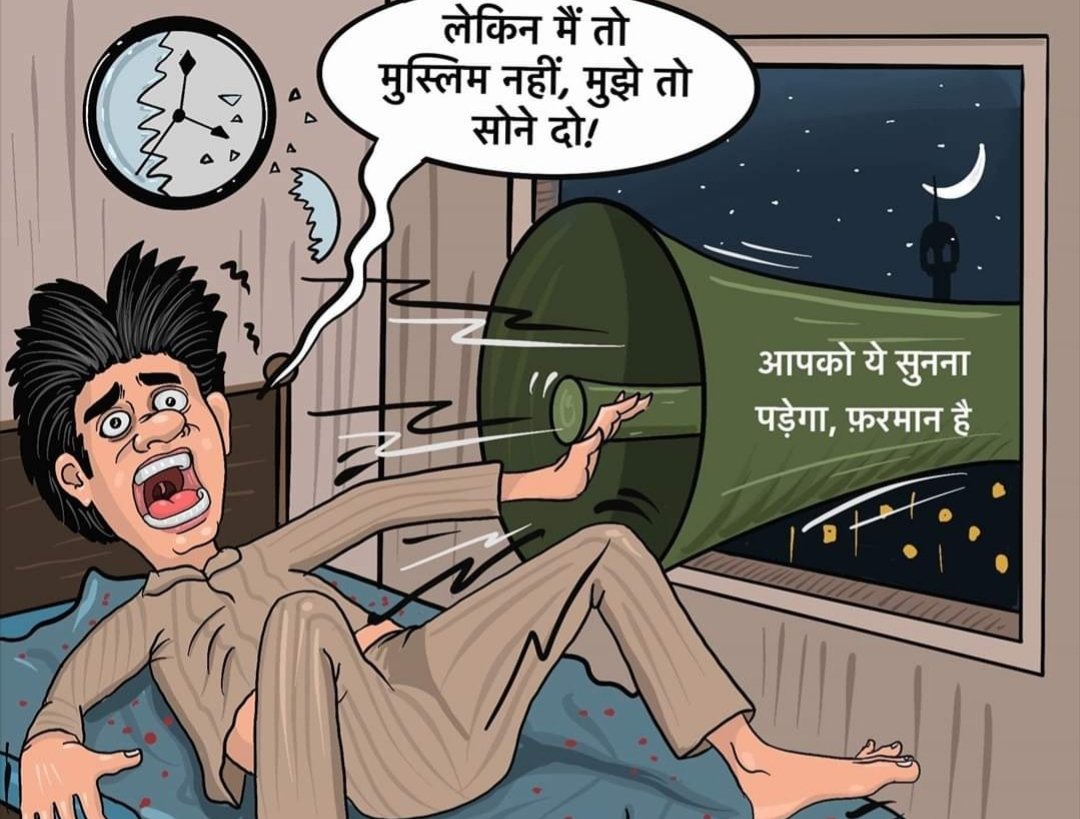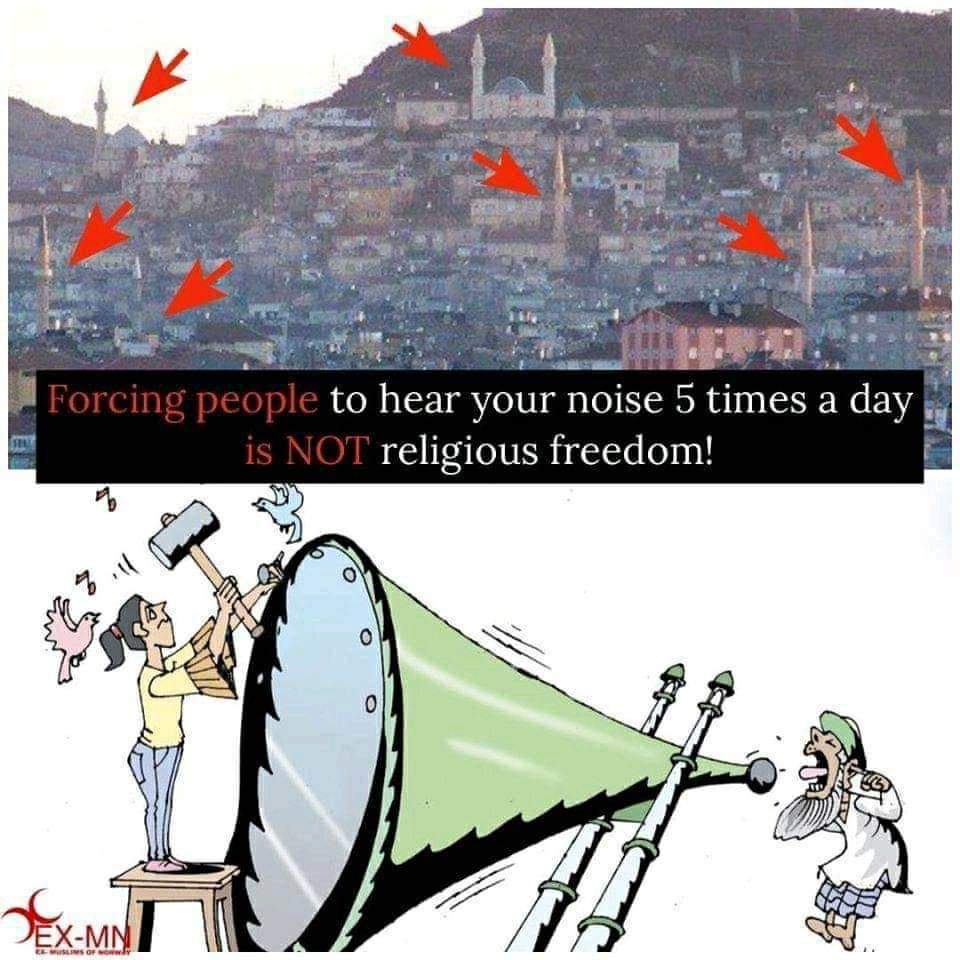Gujarat HC notice to state govt over a PIL seeking ban on loudspeakers at masjids
February 16, 2022
Gandhinagar: The Gujarat High Court has issued a notice to the state government as a public interest litigation (PIL) seeks a ban on the loudspeakers at masjids across the state claiming that they create noise pollution.
The state government is supposed to submit its reply by 10th March. The PIL is moved by Dharmendra Prajapari- a doctor based in Gandhinagar living in Sector 5C.
He stated in his petition: “Persons of Muslim community were coming for prayer at different time… and they use loud speakers that cause great inconvenience and disturbance to nearby residents.”
The loudspeaker is used 5 times a day to recite the azaan at the mosque despite not many persons turn up to offer prayers at the mosque in his neighbourhood, he complained. The plea stated that it also causes severe mental illness, physical problems to the elderly and affects work efficiency.
On behalf of the petitioner, advocate Dharmesh Gurjar submitted before the division bench of Chief Justice Aravind Kumar and Justice AJ Shastri that the PIL seeks a ban in accordance with Supreme Court-issued guidelines on limiting the volume of loudspeakers. The permissible decibel prescribed under noise pollution rules is 80 decibels, he stated.
When the court asked about the noise pollution created during weddings and other festivities, the advocate replied that a wedding takes place once in a person’s life and playing loud music is understandable. Though, listening to loudspeakers blaring five times a day is noise pollution for those who do not believe in Islam. He argued that there are restrictions for Ganpati festival, Navratri, then why not for mosques’ prayer calls.
The PIL states that the use of loudspeakers for prayer calls encroaches upon fundamental rights. The petitioner stated that he had complained about the matter to the local authorities but no actions were taken.
The PIL cites the rules of the Noise Pollution (Regulation and Control) Rules, 2000 and states that a loudspeaker or public address system shall not be used except after obtaining a written permission from a competent authority, as per the same. The petitioner referred to a ruling of the Allahabad High Court of May 2020, holding that the aazan is certainly an essential and integral part of Islam but the use of microphone and loud-speakers is not an essential and an integral part thereof.
(Memes in the article from various tweets online)
Related Stories
We're planning measures to monitor and regulate use of loudspeakers: Gujarat govt to HC
PIL seeks ban on loudspeakers for Azaan in mosques; HC asks Gujarat govt to respond
Bajrang Dal cadre seeks to join loudspeaker ban PIL in Gujarat High Court
Man chokes wife to death under the cover of Azan sound
Bhuj mosque azan mic provocative remark case; accused sent to Surat jail under PASA
Azan sound sparks off communal trouble in village in Kutch
Azaan essential for Namaz, loudspeakers aren't: Ahmed Patel suggests to try alternative ways
Recent Stories
- TBO Tek Limited's IPO opens on May 8th
- Amit Shah, Rajyavardhan Singh Rathore in Gujarat for BJP campaign
- Even railway platform not safe from vehicular accident! One dead in Surat
- Two deaths after consuming Sugarcane drink in Vadodara
- Gujarat Congress General Secretary Ashok Dangar quits party; rejoins BJP
- Aadhar Housing Finance Ltd.'s IPO to open on May 8th
- Dish TV announces ‘Dish TV Smart+’ services, offering TV and OTT on any screen, anywhere


